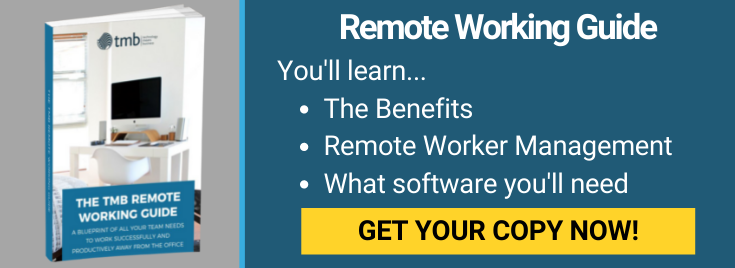Remote Work Security: Ensuring a Safe And Productive Virtual Workspace
- Alexa Davis
- April 10, 2024
- 12:30 PM
- No Comments
The global pandemic had many far-reaching consequences for the world of work, not least in the way that many people undertake their responsibilities. While some companies have returned to traditional desk-based roles within a central office, a significant number have taken advantage of developments in technology to allow their staff to work from home or other remote locations on a full-time or hybrid basis.
With this revolution in working practices, challenges are inevitable, not least a notable rise in cybercrime and security breaches. Recent research has revealed that 20 per cent of organisations have experienced a security breach as a result of remote working, with email phishing attacks the most common cause of data breaches while staff work from home.
So, what steps should be taken to ensure that virtual workspaces are as safe as they are productive, and how can an IT managed services provider, such as TMB, help?
How To Make Safe Remote Working A Priority
With the proliferation of cyberattacks against small businesses and remote workers, there is an urgent need for virtual workspaces to be secured to ensure that the risk of data breaches is eliminated and critical business data is safeguarded from prying eyes.
Ensuring virtual workspaces are safe and productive involves a combination of robust security measures and employee education:
-
Endpoint security implementation on remote devices guards against unauthorised access and malware infections.
-
Zero-Trust Network Access (ZTNA) configuration and Virtual Private Networks (VPNs) secure network connections, ensuring that only authenticated users can access company resources.
-
Two-factor authentication (2FA) adds an extra layer of security, making it harder for unauthorised users to gain access to networks.
-
Cloud backup security safeguards critical data from loss or compromise and ensures that data assets can be quickly recovered should the worse-case scenario occur.
-
Employee training on cyber hygiene should focus on recognising phishing attempts, practising secure password creation, and safe internet browsing. If users understand the potential consequences of their actions, they are more likely to take responsible steps to prevent cyberattacks and data loss.
Keeping Your Business Ahead Of The Cybercriminals
At TMB, we provide high-quality and reliable remote IT support for small businesses who are particularly vulnerable to being exploited by cybercriminals. As a security-first business, we are committed to protecting our clients by arming them with a robust and powerful security net that enables them to stay one step ahead of the criminals. Whatever service we provide, we ensure that all security vulnerabilities are identified and addressed.
Our services include:
-
Endpoint security
-
Server security
-
Cyber essentials
-
Security awareness training
-
Device management
-
Dark web monitoring
Find Out More
If you are struggling to find the right IT support company for your business that understands your needs and can devise effective tailored solutions to address them, please download the free TMB Remote Working Guide or call us on 0330 912 7998.
Image Source: Canva



